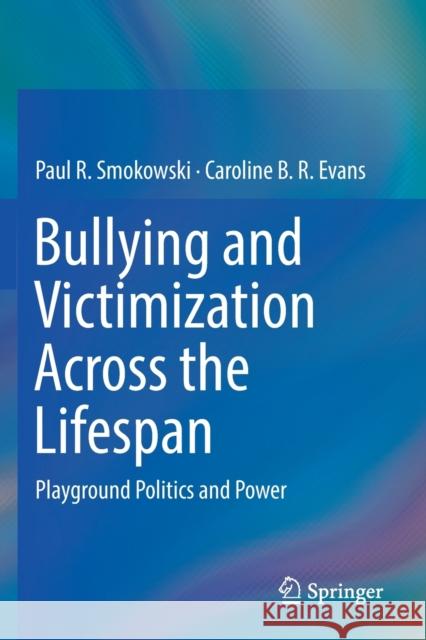Bullying and Victimization Across the Lifespan: Playground Politics and Power » książka
topmenu
Bullying and Victimization Across the Lifespan: Playground Politics and Power
ISBN-13: 9783030202958 / Angielski / Miękka / 2020 / 286 str.
Bullying and Victimization Across the Lifespan: Playground Politics and Power
ISBN-13: 9783030202958 / Angielski / Miękka / 2020 / 286 str.
cena 483,04
(netto: 460,04 VAT: 5%)
Najniższa cena z 30 dni: 462,63
(netto: 460,04 VAT: 5%)
Najniższa cena z 30 dni: 462,63
Termin realizacji zamówienia:
ok. 16-18 dni roboczych.
ok. 16-18 dni roboczych.
Darmowa dostawa!
Kategorie:
Kategorie BISAC:
Wydawca:
Springer
Język:
Angielski
ISBN-13:
9783030202958
Rok wydania:
2020
Wydanie:
2019
Ilość stron:
286
Waga:
0.42 kg
Wymiary:
23.39 x 15.6 x 1.6
Oprawa:
Miękka
Wolumenów:
01
Dodatkowe informacje:
Wydanie ilustrowane











